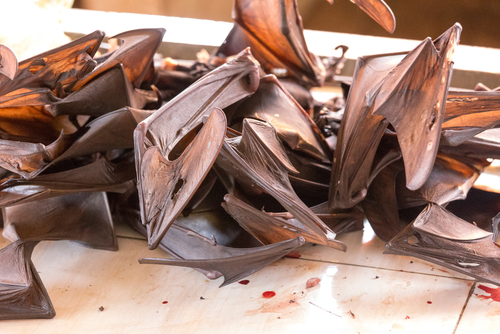
A group of Congressional lawmakers are calling on leaders of the World Health Organization, the United Nations, and the World Organization for Animal Health to ban live wildlife markets and international trade of live wildlife.
Live wildlife markets, also known as “wet” markets, create a breeding ground for infectious diseases such as the 2003 SARS outbreak. They are also the suspected source of the COVID-19 coronavirus crisis.
“Global action is needed to prevent future deadly pandemics,” the lawmakers wrote in a letter to the Directors-General of the World Health Organization, the World Organization for Animal Health, and the Food and Agriculture Organization of the United Nations. “It is imperative that we take action as a global community to protect public health.”
U.S. Sen. Thom Tillis (R-NC) is one of 60 members of the U.S. House and Senate to sign the letter.
“The viruses can subsequently spread or ‘spill over’ into humans through handling and consumption of wildlife, potentially starting highly contagious outbreaks of new and deadly diseases for which we have no natural immunity — as we are currently seeing with COVID-19 and have seen with SARS, Ebola, monkeypox and Lassa fever in the recent past,” the members continued. “Wet markets in particular pose a threat to global public health because wildlife comes from many different locations without any standardized sanitary or health inspection processes.”
Scientists estimate that approximately 60 to 75 percent of emerging infectious diseases are zoonotic, meaning they are diseases that can move from animals to humans. These zoonotic diseases have been responsible for at least five pandemics over the last 45 years, including Ebola and MERS (Middle Eastern Respiratory Syndrome).




